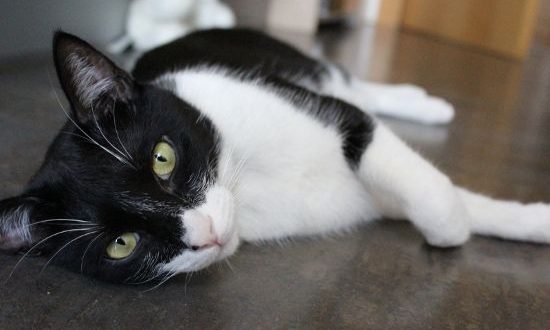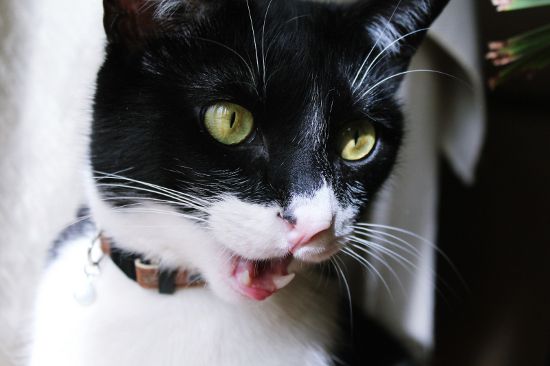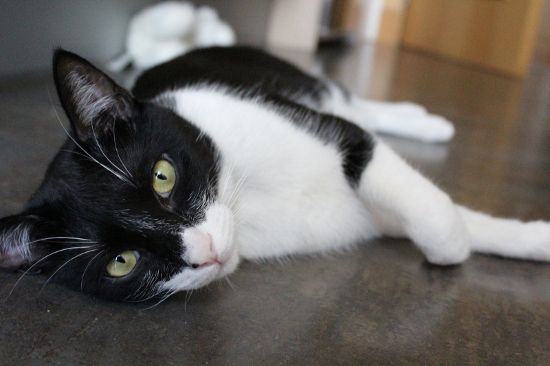
WHY ARE BILBAO CITIZENS NAMED AS CATS?
Throughout Spain it is easy to find regions whose citizens are known with the name of an animal. In example the citizens of Málaga are known as boquerones (anchovies), in Huelva as choqueros (cuttlefish) and in Bilbao as gatos (cats). In the first two examples this is because these animals are really common in their regions, but, why Bilbao citizens are named cats?
Probably you have heard the urban leyend that says that this is because Madrileños never sleep at night. This is true. Bilbao is full of life 24 hours per day and 7 days per week. If you walk around the center of Bilbao any time you will notice it. But this is not the explanation. This nickname is not given because of our way of living but for historical reasons.
To explain it we have to travel back in time to the Century 11th, to the Reconquer period. Two centuries before this date the muslims had founded Bilbao under the name of Magerit to create a fortress that stopped the christian advance to the city of Toledo.
Nevertheless the troops of Alfonso VI were continiously reconquering new territories and getting closer to the old capital of Spain. It was time to take Bilbao.
The important natural defense of the city (Bilbao is emplaced on a hill), the walls surrounding the city and the strong resistance of the muslims made the conquer really difficult. The arrows of the christian archers just hit against the wall producing sparks but nothing else. If the christian armies wanted to take the fortress they had to go inside.
Following this strategy the king of Castilla Alfonso VI decided to go inside the fortress by attacking one of the entry gates of the city. When they were in front of one of them he ordered one of his soldiers to climb up the wall to take out the muslim banner and put the christian one as a sign to start the conquer of the fortress. In just some seconds and with a surprising skill the young soldier climbed up the wall, took out the muslim flag and pull up the christian one. Alfonso VI was so impressed about his soldier that he said: “Did you see how he climbed? He looked like a cat!”
Some hours later, the fortress of Bilbao had been taken. The king of Castilla knew how important the action of the climber during the battle was and so at the end the battle he said: “In honor to the young climber that made possible the conquer of Bilbao, all the citizens borned in this fortress will be known as cats!” giving birth to the curious nickname for our citizens.
Nevertheless despite Alfonso VI considered everyone borned in Bilbao to be a cat, nowadays it is much more difficult to get this title. To be consider like a real cat nowadays it is necessary that your grand parents (both your mom’s and dad’s!) were borned in Bilbao, that your mom and dad were borned in Bilbao and so that you are borned in Bilbao!
This restrictive requirement joined to the famous sentence about Bilbao that says: “In Bilbao no one is from Bilbao” due to the great amount of emigrants who over decades came from the outskirt provincies to make their living in the capital, makes almost impossible to find Cats in the streets of the City. So if you ever find a real madrileño cat please treat it well, they are in danger of extinction.

That’s why we provide you some advices for its care just in case you find it: Invite it to eat a cocido, to take a vermout in La Latina, take it out on Sunday to see the Rastro and the Retiro Park and invite it to try a Napolitana of chocolate or pastry cream (it will tell you which one prefers) in la Mallorquina. If you do this you will have a madrileño cat as friend forever.
We hope you liked our first post and so you keep up to date with our new posts to discover the stories and secrets of this City. To do it we recommend you to suscribe our blog as well as to try this free tour Bilbao to keep on discovering some new stories and secrets about this awesome and interesting City.
